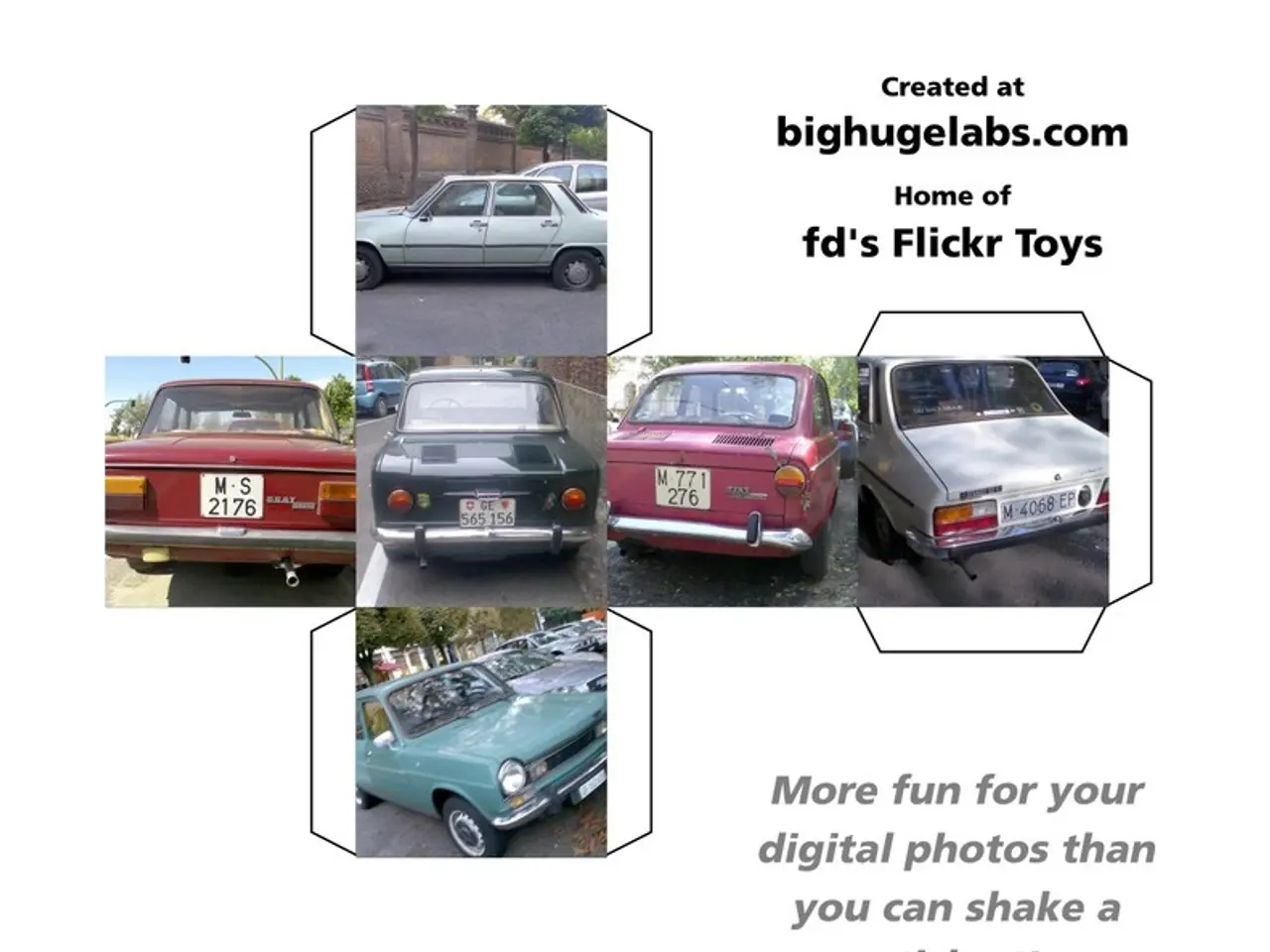UK Shifts EV Strategy: Beyond Subsidies, Focus on Barriers and Incentives
The UK government is shifting its approach to promoting electric vehicle (EV) adoption. While previously focusing on direct subsidies, it's now considering other barriers and incentives. Dunstan Power, Director of ByteSnap Design, expresses uncertainty about the remaining budget allocation.
The UK initially adopted EVs differently due to their higher upfront cost. Now, the government is reviewing its strategy. Last month's budget review aimed to boost E-Mobility, with 1.4 billion pounds allocated for EV uptake and 400 million for charging infrastructure.
Power suggests that direct EV subsidies may no longer be the most effective use of public money. Instead, he proposes focusing on barriers like lack of home parking and charging points. Countries leading in EV sales, such as Norway and Denmark, used high taxes on cars and EV exemptions to drive adoption.
The UK has committed to supporting zero-emission vehicles. Chancellor Rachel Reeves pledged 2.6 billion pounds over the next three years to decarbonise transport. The DRIVE35 initiative, a £2.5 billion commitment over the next decade, also supports EV development and manufacturing. However, specific details on additional subsidies for charging stations are yet to be announced.
The UK government is re-evaluating its approach to EV promotion, moving away from direct subsidies. It's now considering other barriers and incentives, with a significant budget allocated for EV uptake and charging infrastructure development. While specific details on additional charging station subsidies are awaited, the commitment to decarbonising transport remains strong.







